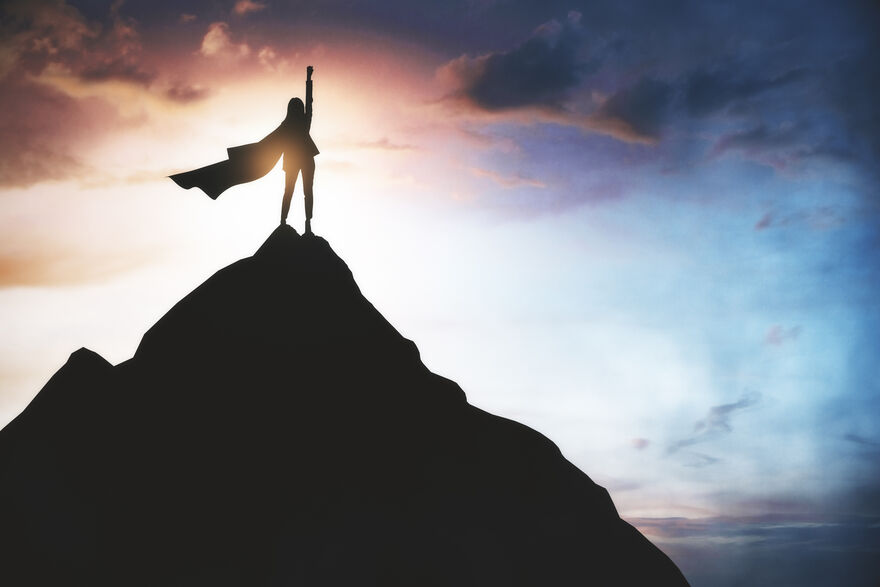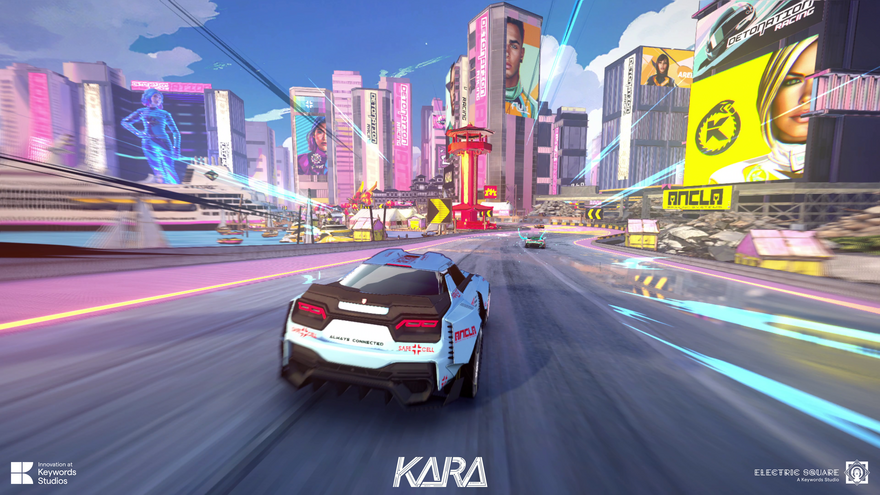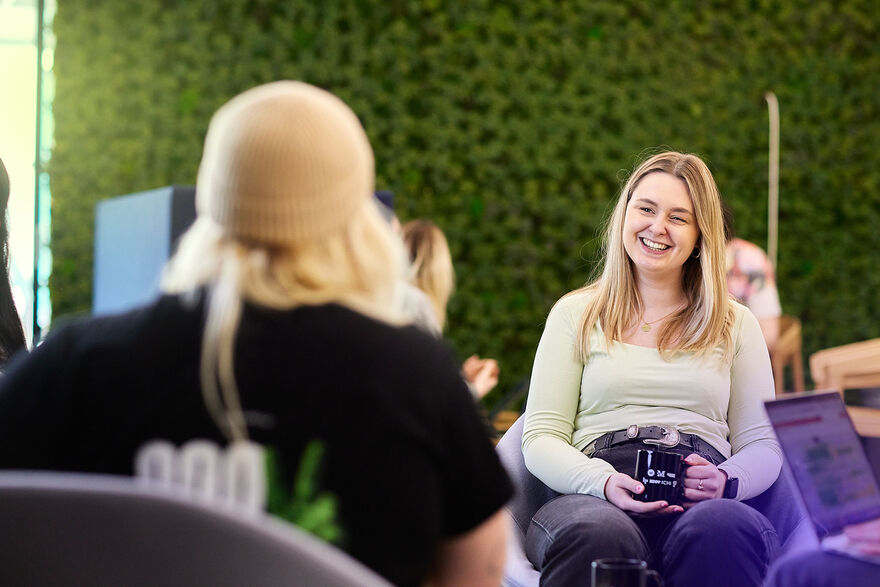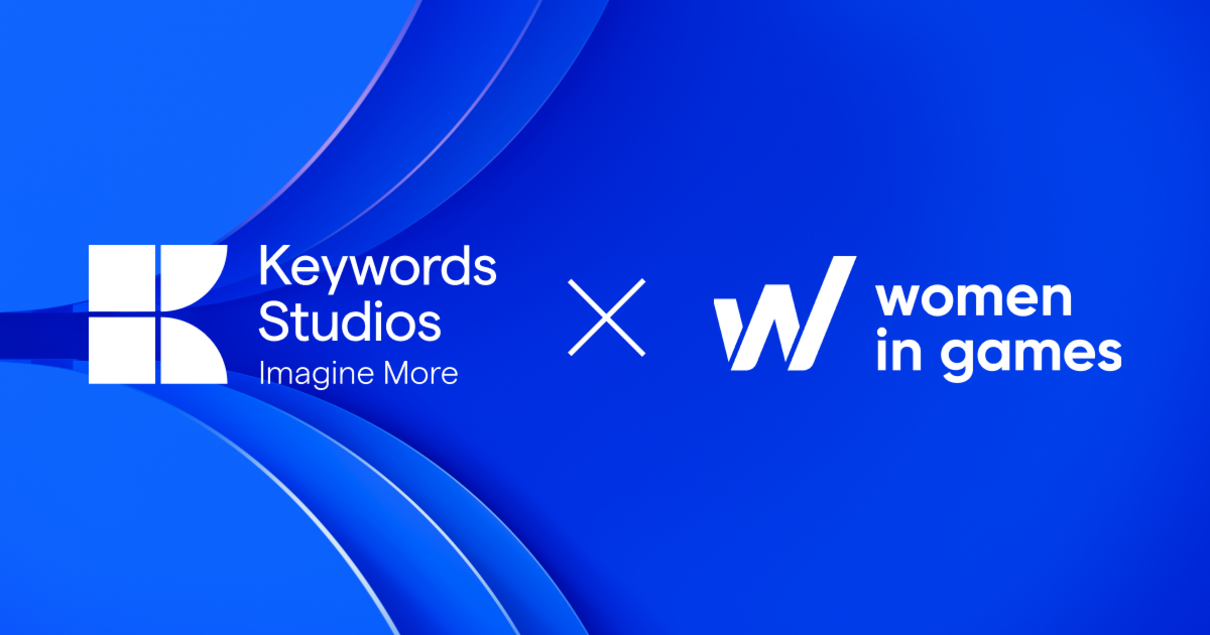Superpowers in Diversity: A Q&A with Katherine Mould, Senior Talent Partner at Keywords Studios
Ahead of her talk at Develop: Brighton 2025, we sat down with Katherine Mould, Senior Talent Partner at Keywords Studios, to explore her journey, her advocacy for neurodiversity in gaming, and what attendees can expect from her session, Superpowers in Diversity.

Q: Katherine, can you share a bit about your personal journey and how ADHD has shaped your view on neurodiversity at work?
A: There was a time when I worked hard to hide my ADHD, especially in interviews and professional settings. I thought if people knew, they might see me as less capable or less put together. So, I masked it.
But people eventually find out - and when they did, things often changed. Hiding didn’t protect me; it just stopped me from building real trust and connection. Now, I choose to lead with my ADHD. It’s an act of radical self-love, and it reminds me that I deserve to show up fully.
This shift changed how I view neurodiversity at work. It’s not just about making room for differences - it’s about creating spaces where no one has to hide to belong.
Q: How did you first get into the gaming industry, and how did that align with your advocacy for neurodiversity?
A: Like a lot of people in this industry, I started by playing games. One of my earliest memories is playing Duke Nukem with my grandpa. My parents used to say, “You can’t make a living playing video games.” Turns out, they were wrong!
My love for gaming and my advocacy for neurodiversity have always gone hand in hand. Games are built on different ways of thinking and solving problems - exactly what neurodiverse minds bring to the table.
Q: What led you to your current role at Keywords Studios?
A: I started in government, fintech, and manufacturing - roles that helped me build a solid foundation in recruitment and team building. But I always knew I wanted to work somewhere more creative.
Joining Keywords Studios was a natural fit. It’s a place that values creativity, collaboration, and global connection. Now I help build teams that are not just skilled, but diverse and human. That’s incredibly meaningful work. I'm part of our global neurodiversity network, Brainspace, which is spreading knowledge and exchanging good practices across studios.
Looking Ahead to Develop: Brighton
Q: Your talk at Develop: Brighton is titled Superpowers in Diversity. What can the audience expect?
A: I’m really excited about this talk. It’s personal to me. I’ll be discussing how teams can rethink neurodiversity and mental health - not just as challenges, but as sources of strength and innovation.
My key message is this: neurodiversity is an asset. Inclusion doesn’t happen by accident, and small, intentional changes can make a huge difference. I want people to walk away feeling empowered to create work environments where everyone can thrive.
Q: You’ve spoken about tailored workflows and accommodations. Can you give practical examples for studios?
A: Absolutely. It doesn’t have to be complicated. Things like flexible hours, quiet spaces, or offering different ways to participate in meetings can help. Tools like AI note-takers, visual timelines, and captioned video calls can support different working styles.
Ultimately, it’s about asking people what they need to thrive - and being open to meeting them halfway. It’s not “special treatment.” It’s just good management.
Q: How can teams foster psychological safety for neurodiverse members?
A: It starts with trust. Ask people how they work best. Listen. Don’t assume. Build flexibility into your team culture so that people don’t have to justify their needs. When people feel safe to show up as themselves, the whole team benefits - not just neurodiverse individuals.

The Bigger Picture: Neurodiversity in Gaming
Q: How does neurodiversity contribute to creativity and innovation in the games industry?
A: Neurodiverse team members bring fresh perspectives and creative problem-solving. In an industry focused on building new worlds and experiences, that’s invaluable. Diverse minds make for better, more inclusive games - and more innovative teams.
Q: What needs to change in the industry to better support neurodivergent individuals?
A: We need to stop treating accommodations as exceptions. Flexibility should be the norm. That includes how we hire, communicate, and manage. Using tools that support different needs - and training leaders to lead with empathy - can transform team culture.
Q: What advice would you give studios just beginning their inclusion journey?
A: Don’t aim for perfection on day one. Just start. Listen to your team. Ask what they need. Try small changes. Know that inclusion isn’t about big policies - it’s about everyday actions that make people feel safe, seen, and supported.
Final Thoughts
Q: What’s one thing you hope people take away from your session?
A: That when we create space for neurodiverse people to work in ways that suit them, teams become stronger, more creative, and more human. Every mind brings something valuable. Inclusion helps us unlock that value.
Q: What’s next for you in your advocacy journey?
A: I want to keep building spaces where people can thrive - especially those who’ve never felt like they could. Whether through talks, mentorship, or team building, I’ll keep working toward a more inclusive, empathetic games industry.









